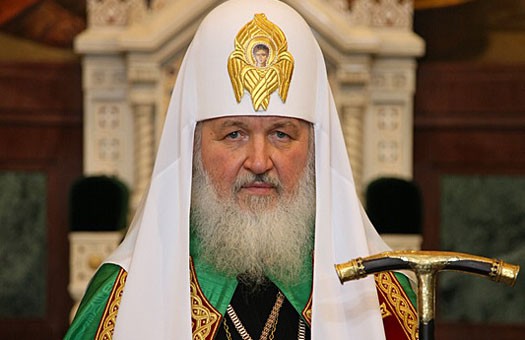“While realizing our weakness and our imperfection we should all together strive to overcome differences inside the Christian Orthodox family and to greater Pan-Orthodox unity. We believe that our Lord will lead all of us, the entire global Christian Orthodox Church, along this road. Not a road of new divisions which certain political forces dream of but along a road of growing brotherly love and like-mindedness,” the patriarch said on Tuesday after a liturgy at the Moscow metochion of the Church of Antioch.
He said that by refusing to take part in the council on Crete, representatives of the Russian Church “by no means wanted to play down the role and significance of the Council for the churches that took part in it.” The meaning of the refusal was to declare that the Council does not have Pan-Orthodox status, he said.
As reported, the Churches of Bulgaria, Antioch, Georgia, Serbia and Russia favored the postponement of the Council to settle differences and finalize its draft documents. However, the Church of Constantinople that was responsible for organizing the council rejected their initiative and insisted on holding the Council at the scheduled time. As a result the forum was attended by churches representing the minority of the episcopate, clergy and parishioners of the Christian Orthodox world.
Head of the Synodal Department for External Church Relations Metropolitan Hilarion said that if the Council takes places in the existing circumstances, “it will not have Pan-Orthodox nature or authority.”
Participants discussed six subjects – the mission of the Orthodox Church in today’s world; the Orthodox Diaspora; autonomy and the means by which it is proclaimed; the sacrament of marriage and its impediments; the importance of fasting and its observance today; and relations of the Orthodox Church with the rest of the Christian world. They also adopted a message.
The Pan-Orthodox Council had not been convened for over one thousand years and was prepared for over half a century.

















